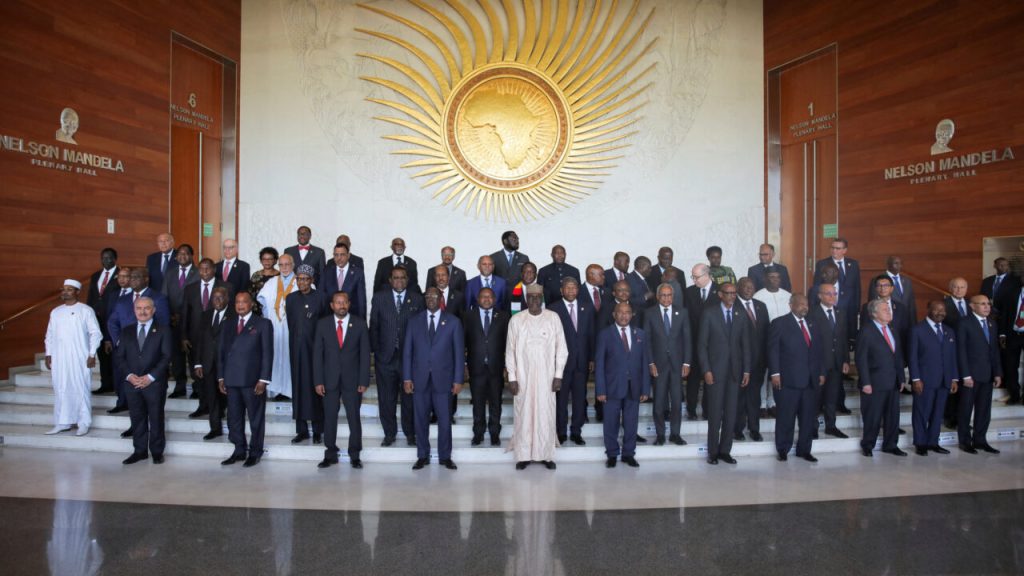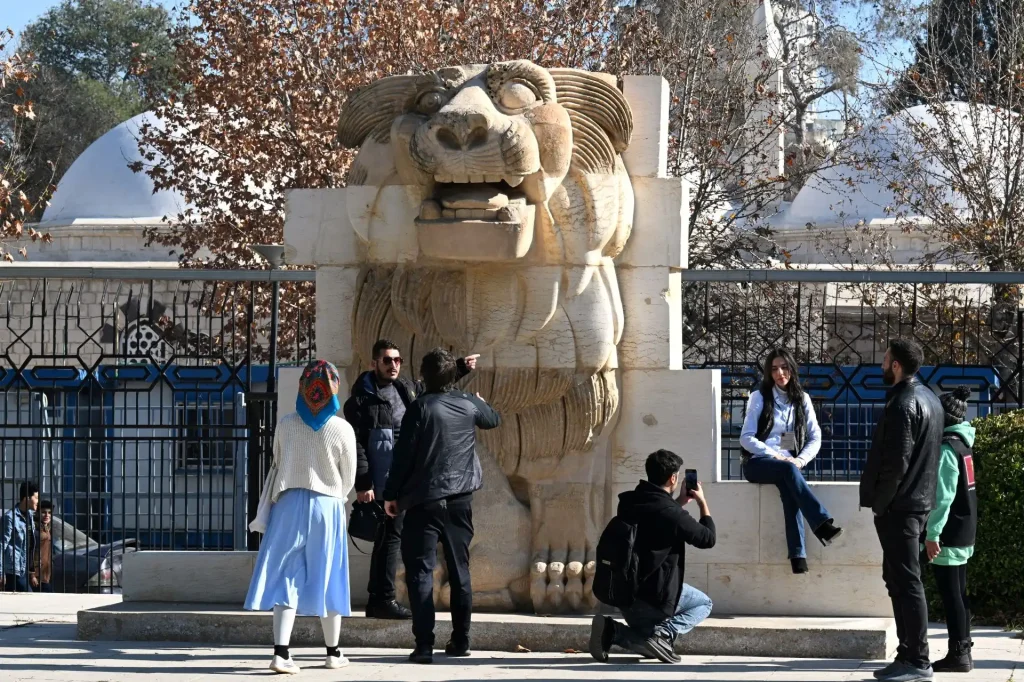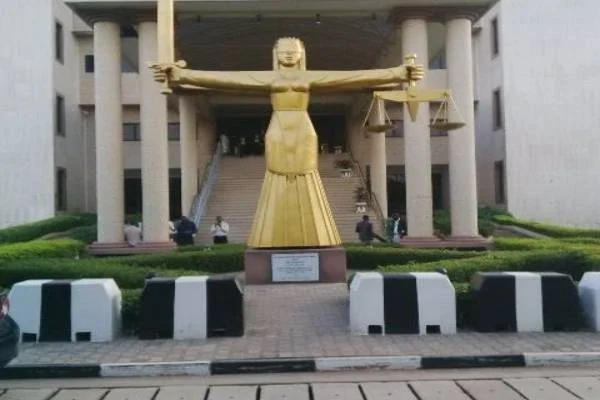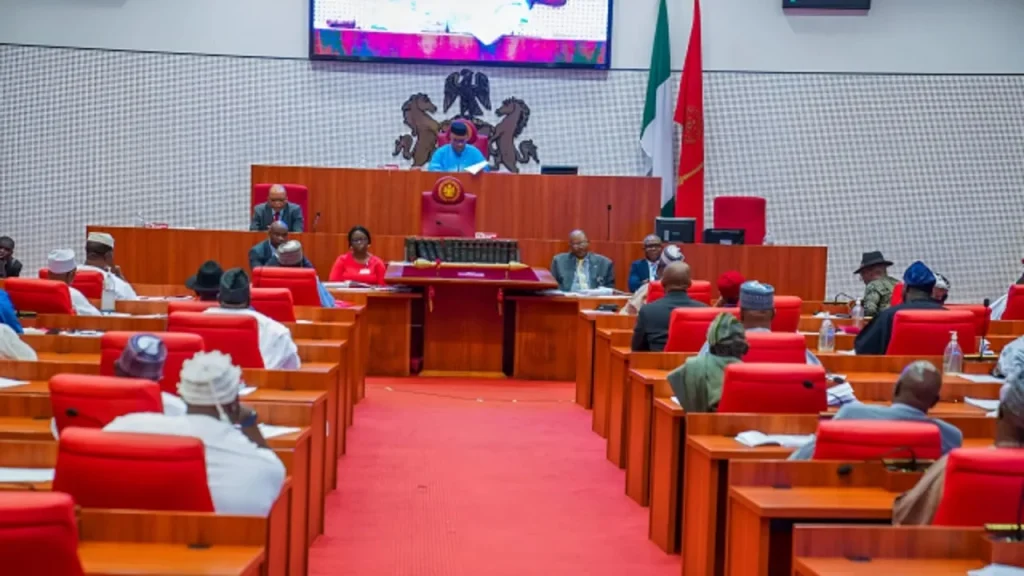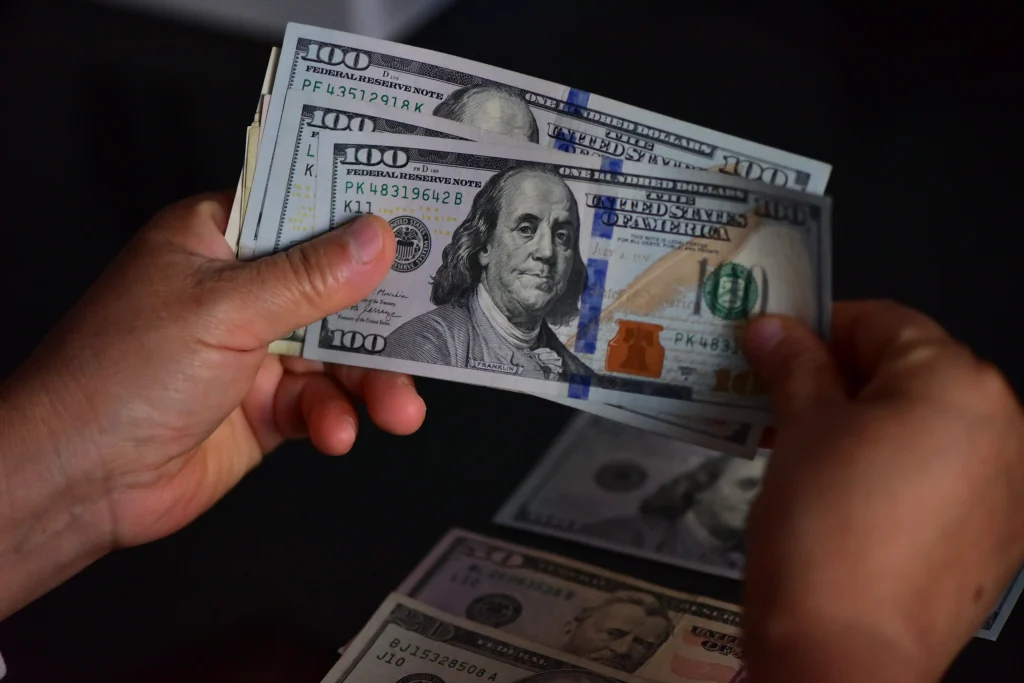African nations are increasingly making their mark in global diplomacy, with leaders actively participating in resolving international conflicts and shaping policy at major forums. This article discusses Africa’s role in global diplomacy, focusing on leadership in international institutions, peacekeeping efforts, climate negotiations, and future prospects.
African Leaders Shaping International Institutions
The rise of African leadership in international organizations reflects the continent’s growing diplomatic influence. The appointment of Ngozi Okonjo-Iweala as Director-General of the World Trade Organization (WTO) marked a historic achievement, placing Africa in a central role in global trade governance. Similarly, Moussa Faki Mahamat serves as the Chairperson of the African Union (AU), advocating for Africa’s interests in global policy discussions.
African leaders are also at the forefront of key international forums, such as the United Nations (UN) and the G20. South Africa’s participation in the BRICS group (Brazil, Russia, India, China, South Africa) allows the continent to engage in discussions on global economic reforms and development policies.
Africa’s Role in Peacekeeping Missions
African countries are heavily involved in peacekeeping operations, contributing troops to conflict zones both within and outside the continent. Countries like Ethiopia, Ghana, and Senegal regularly deploy troops under the UN framework to promote stability in war-torn areas. Africa’s commitment to peace is also evident through the African Union, which mediates conflicts across the continent.
Climate Diplomacy and Africa’s Global Position
African nations are actively engaging in climate diplomacy, advocating for global climate justice. Given that Africa contributes the least to global carbon emissions but suffers the most from climate change, leaders are demanding fair funding and compensation for climate adaptation. During COP summits, African leaders push for greater international accountability and sustainable energy investments.
The Future of Africa in Global Politics
As Africa strengthens regional unity through institutions like the African Union, its influence on international diplomacy will continue to grow. African nations are also building strategic alliances with both developed and developing countries, ensuring that their voices are heard on major global issues.

